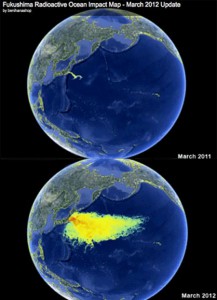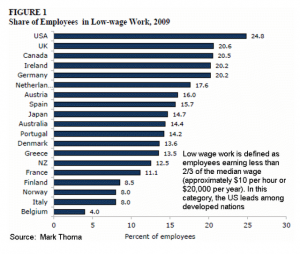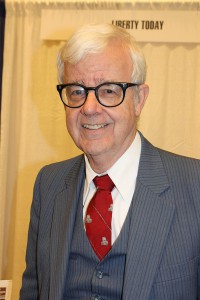
A New Co-Intelligence Initiative: Let's Talk: Our New Economy
My intern Patrick Maxwell and CII president John Abbe have initiated a project I'm quite excited about. In high quality dialogue they plan to engage local people together about their personal concerns in today's rough economy – and then to expand the conversation to include how we could change our economic system and create innovations that would be more sustainable and satisfying. They'll include experts in the mix, but the main energy will come from the community itself.
They are starting with a 3-month pilot project to test the concept here in Eugene. They plan to share their learnings and potentially extend the project further in space and time. You can find out more about it in their note below.
I've been studying and writing about the emerging living economy for about 14 months – you'll be hearing more about that soon – and I am very excited with what I'm learning and where this initiative could go.
I invite you to support this ambitious experiment. Since it is being launched with a crowdfunding approach, even very small donations add tremendously to the momentum.
Thanks for any attention and support you give this. In the larger picture, I expect the return on your investment will be very good indeed.
Coheartedly,
Tom
==========
Dear friends of the Co-Intelligence Institute,
We are writing to alert you to an engaging new project from the CII.
For the next few months – and, if all goes well, for many months to come – board president John Abbe and intern Patrick Maxwell will be convening a series of dialogues here in CII's hometown of Eugene, Oregon, focused on our economy and its impact on local people's lives. Community members will explore questions like “How can I meet my needs with less money?” And “How do we create systems that work for us?”
Continue reading “Tom Atlee: A New Co-Intelligence Initiative – Let's Talk: Our New Economy”







